Use of essential oils dates back to ancient India, Persia, and Egypt; however, the distillation process used today did not become common practice until the 11th century. Even so, it wasn’t until the 18th century that essential oils saw any commercial traction. This article will help you understand some basics about essential oils and how to use them.
What Are Essential Oils Made From?
Essential oils get their name as they are extracted from the essential part of the plant, be that the leaves, bark, resin, etc. Prior to the rise of modern medicine and pharmaceuticals, people sought to alleviate their illnesses with the healing properties of plants. Essential oils continue to be popular for their therapeutic and aromatic qualities as many individuals turn to more natural, homeopathic remedies for minor ailments.
As mentioned before, not all essential oils are derived from the same part of the plant. Some botanicals only contain medicinal properties in their leaves or budding flowers while others store their oils in their roots, bark, and so on. Below is a list of various oils and the part of the plant from which they are derived.
- Citrus rinds: Orange, lemon, lime, tangerine, bergamot, mandarin, grapefruit, etc.
- Flowers/Buds: Jasmine, rose, chamomile, clove, boronia, linden blossom, etc.
- Leaves: Cinnamon, bay, eucalyptus, tea tree, myrtle, lemon myrtle, violet, etc.
- Barks and woods: Cinnamon, cedarwood, cassia, sandalwood, rosewood, etc.
- Roots: Ginger, angelica, etc.
- Resins: Frankincense, benzoin, myrrh, etc.
- Seeds: Nutmeg, parsley, anise, cardamom, dill, cumin, fennel, coffee bean, etc.
However, individuals cannot simply munch on some flowers and expect results. It takes hundreds if not thousands of pounds of botanicals to produce the concentrated oils used today. By far the most popular method of extraction is steam distillation, with the exception being citrus. Citrus based oils are obtained through expression, which involves squeezing and pressing the botanicals’ peel.
Read more
 Stress, anxiety, and effects of depression plague a large number of us in today’s society. Whether this is due to environmental or psychological factors, the timely use of certain essential oils can vastly improve our emotional well being. The effects of stress on the body are numerous and largely not good for our health. While a little stress can be beneficial, excess or chronic stress can contribute to heart problems, ulcers, and worsen depression.
Stress, anxiety, and effects of depression plague a large number of us in today’s society. Whether this is due to environmental or psychological factors, the timely use of certain essential oils can vastly improve our emotional well being. The effects of stress on the body are numerous and largely not good for our health. While a little stress can be beneficial, excess or chronic stress can contribute to heart problems, ulcers, and worsen depression.




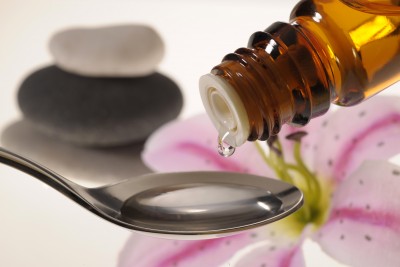

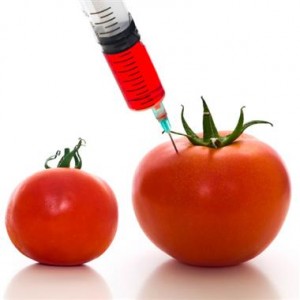
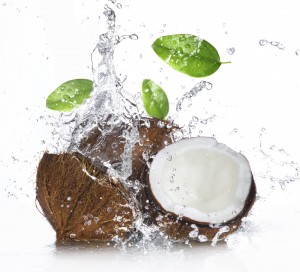
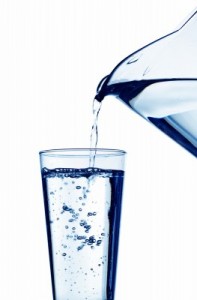
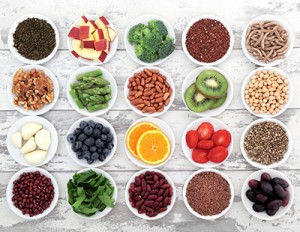

 Tackling your sugar addiction may seem like an insurmountable task, especially since one sugary snack tends to lead to another and then maybe even another. You are not alone when it comes to overindulging in sweets. When you consume simple carbohydrates you rapidly sate hunger with the added bonus of a quick energy boost. Unfortunately, your body metabolizes simple carbohydrates just as fast, leaving you hungry soon after.
Tackling your sugar addiction may seem like an insurmountable task, especially since one sugary snack tends to lead to another and then maybe even another. You are not alone when it comes to overindulging in sweets. When you consume simple carbohydrates you rapidly sate hunger with the added bonus of a quick energy boost. Unfortunately, your body metabolizes simple carbohydrates just as fast, leaving you hungry soon after.
